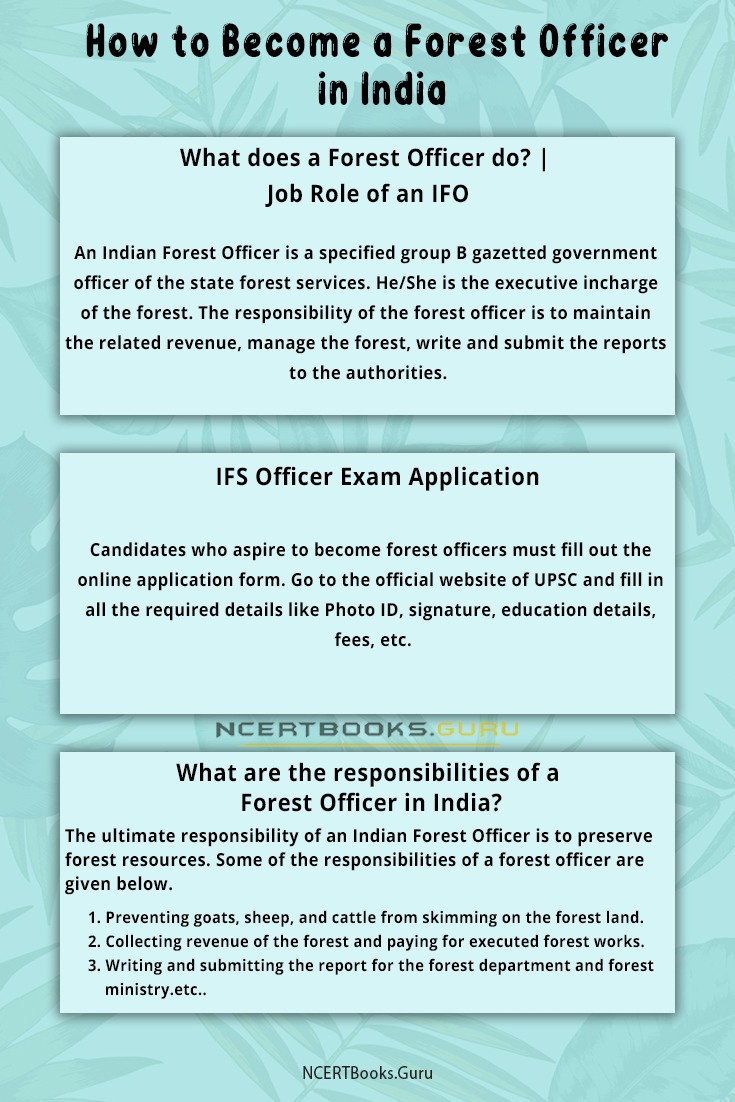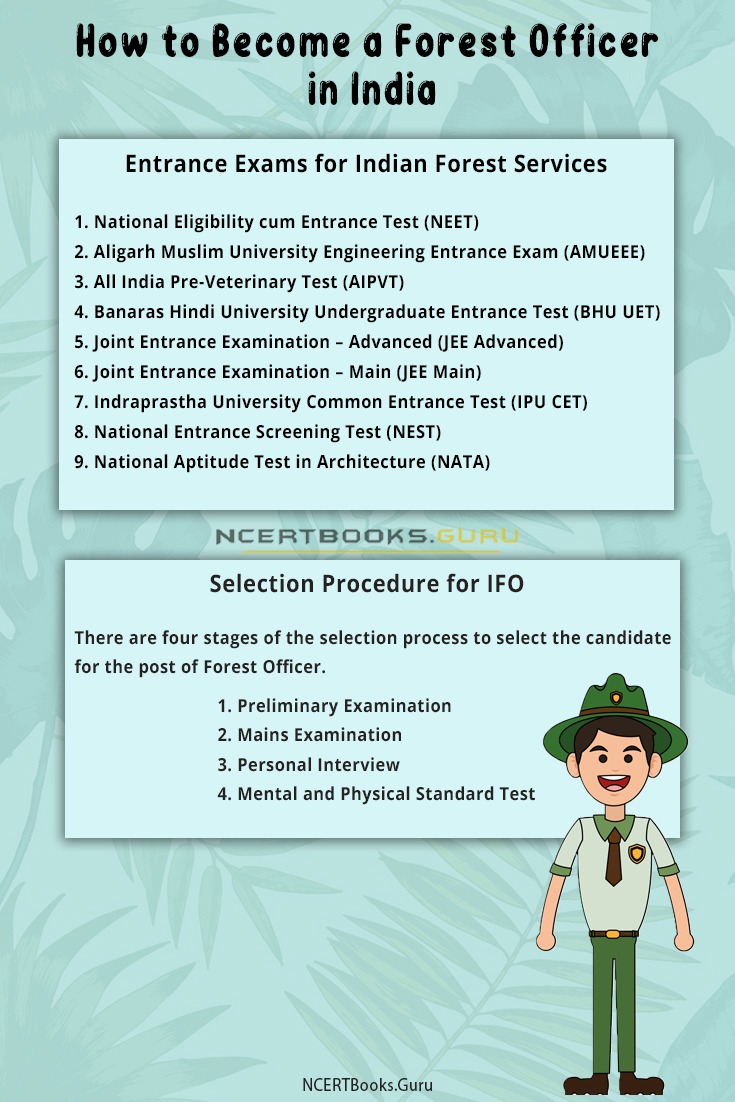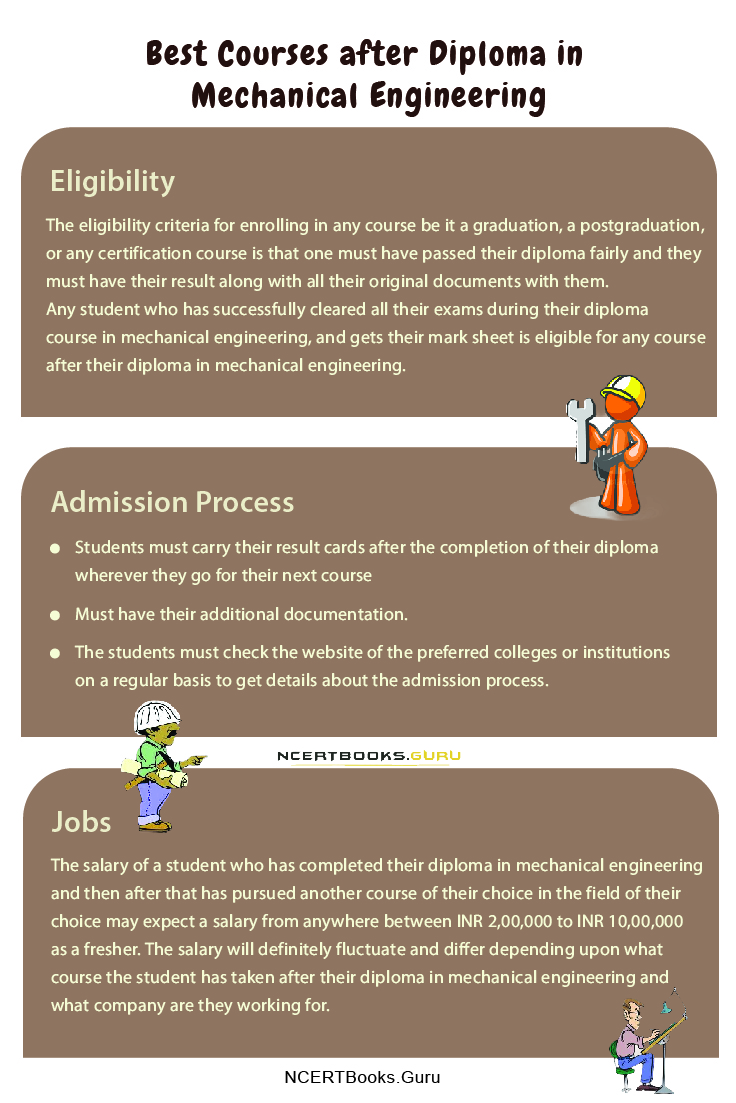Business Management Courses in Canada: Management is inherent in every day to day life of a business unit. Be it management of finance, management of employees or management of assets of an enterprise, its role is pervasive. In today’s competitive world, where resources of the whole world are synergized towards making the best out of it, management works as a binding force in managing these resources. In the era of globalization, the whole world is integrated into a single nation and therefore resources are shared globally.
People from one nation are moving to another for better opportunities related to education, job, business etc. In a similar line, Canada has become a hotspot for Management students. With a wide range of courses to choose from and easy access to student visas, Canada has become one of the favourite choices of students with the dream of studying abroad.
In this article, we have covered different management courses available to you in Canada along with the admission procedure, duration of the course, fee details, career options and average salary available to you after the course. So let’s get started.
Get to Know More about other types of Course Details Streamwise, and Category wise.
- Why One Should Pursue Business Management Course in Canada?
- List of Business Management Courses in Canada
- Undergraduate Courses in Business Management in Canada
- Postgraduate Courses in Business Management in Canada
- Top Business Colleges in Canada
- Business Management Course Admission Process
- Required Documents for Business Management Courses in Canada
- Business Management Courses in Canada Requirements
- Business Management Courses in Canada Career Options
- Business Management in Canada Salary
- FAQ’s on Business Management Course in Canada
- Final Words
Why One Should Pursue Business Management Course in Canada?
Business courses in Canada have gained popularity in recent years and there’s a reason behind it. Canada has a place on the list of some great universities in the world. The universities of Canada not only have great infrastructure and teaching faculty for the students, but they also have modern facilities and an updated curriculum to ensure students’ growth.
Here is a list of reasons why should you choose Canada to pursue a business management course:
- Excellent job opportunities
- Easy student visa
- Affordable fees with great scholarship options
- Quality learning experience
- Excellent infrastructure
- Full return on investment
- Global ranking of universities
- Peaceful environment
- Low cost of living
- Global exposure
List of Business Management Courses in Canada
The business management courses in Canada can be categorised into Bachelor courses and Masters courses in Business management.
- UG Courses
- PG Courses
Undergraduate Courses in Business Management in Canada
The following is the list of Business Management UG Courses in Canada. Internal students can choose any one course of their choice to study.
- BBA
- BBA (Management and international business)
- Bachelor of Management
- B.Com(finance and business law)
- B.Com in Management
- B.Com in Business Analytics
- B.Com in HR
- B.Sc in Agricultural Business Management
- Bachelor of Management (Business Economics)
- B.Com( Entrepreneurship and innovation)
- Bachelor of Management and organizational studies
- International Bachelor of Business Administration
Eligibility criteria:
- The candidates must have passed class 12th with a minimum of 70% marks from a recognised board.
- Candidates who have finished Business Management Diploma in Canada can also apply for the UG courses.
- The candidates must have English as a compulsory subject in class 12th with a minimum score of 65% in the subject
- The candidates must have qualified IELTS, TOEFL and PTE
- The required score required in IELTS, TOEFL and PTE vary from institute to institute. However, the average score is:
- IELTS – 6.5/9
- TOEFL- 100/120
- PTE- 65
Course Duration:
The full-time bachelor’s programme in Business management is generally a 4-year programme divided into 8 semesters. However, the duration varies from course to course and college to college. For example, a BBA in Management from the University of Toronto is a 4-year programme whereas a BBA from The University of Montreal is a 3-year programme.
Course Fees:
The fee for a bachelor’s course in Business Management from Canada is somewhere between INR12 lacs to INR 35 lacs per year. It depends upon the course you’ve chosen and the institute you’re pursuing it from.
Postgraduate Courses in Business Management in Canada
The list of Business Management Postgraduation Courses in Canada are here. You can also get to know about the courses eligibility, duration, and fees.
- MBA
- Masters in Business Entrepreneurship and technology
- M.Sc in Management
- M.Ed in Educational Leadership
- MBA Leadership
- Executive Masters of Business Administration
- MBA Business Analytics
- M.Sc Management
- MBA Sustainable Innovation
- M.Sc. Marketing and Consumer Studies
- Master of Supply chain management
Eligibility Criteria:
- The candidates must have a bachelor’s degree in any discipline from a recognized university with a minimum of 60% marks.
- The students must have qualified IELTS or TOEFL and GMAT with the required marks
- The qualifying marks in IELTS, TOEFL and GMAT vary from college to college. However, the average score is:
- IELTS- 7
- TOEFL- 100
- GMAT- 660
- The candidates must have a minimum of 3 years of work experience to get admission in a master’s programme.
Course Duration:
The full-time master’s programme in Business management is generally a 2-year programme divided into 4 semesters. However, the duration varies from course to course. For example, an MBA in Management from the University of Toronto is a 2-year programme whereas an M.Sc. in Business Analytics from The University of British Columbia is a 1-year programme.
Business Management Courses in Canada Fees Structure:
The fee for a master’s course in Business Management from Canada is somewhere between INR15 lacs to INR 50 lacs per year. However, it purely depends upon the course and the institute you’ve chosen to get admitted.
Also, Check
Top Business Colleges in Canada
Top business management schools, colleges and universities in Canada are along the lines:
- Ivey Business School
- Schulich School of Business
- Rotman School of Management
- Desautels Faculty of Management
- Sauder School of Business
- Queen’s School of Business
- HEC Montreal
- Alberta School of Business
- Beedie School of Business
- Edwards School of Business
Business Management Course Admission Process
The step by step Business Management Course in Canada for International Students Admission Procedure is given below:
- Keep updated with the application timeline of the institutes you want to apply for.
- You can get the application forms on the official websites of the universities.
- Fill out the form as required with all the details as mentioned.
- You need to mention your standard admission test score like GMAT, TOEFL etc.
- After you fill the form completely, submit it.
- If selected you’ll get an email from the university concerned.
Required Documents for Business Management Courses in Canada
Students have to carry all these documents while taking admissions into Business Management Courses.
- Documents related to your academic record
- Your GMAT and TOEFL/IELTS scorecard.
- Bank statement and financial documents
- Document for your work experience
- Recommendation letter from your supervisor or manager
- Your visa documents.
Business Management Courses in Canada Requirements
Skills needed to pursue Business Management Courses in Canada after 12th are provided here.
- Good communication skills
- Fluency in English
- Strong interpersonal skills
- Ability to solve the complex problem
- The proactive and innovative approach
- Ability to exercise leadership
- Positive attitude
- Pleasant personality
- Ability to think creatively
- Ability to critically analyse competitive business environments
Business Management Courses in Canada Career Options
Candidates who have finished this course can get the following jobs in the best companies.
- Financial consultant
- Accounting manager
- General management
- Project management
- Product management
- Sales management
- Investment Analyst
Business Management in Canada Salary
The average salary after pursuing a business management course in Canada is 90,000 CAD per year. However, the average salary varies depending upon the course you’ve pursued. For example, the average salary after MBA in Canada is 110,000 CAD per annum whereas if you’ve pursued an Executive MBA program, your average salary could be 155,000 CAD per annum.
FAQ’s on Business Management Course in Canada
1. What is the best Business Course in Canada?
The business courses like BBA, Bachelor in business Analytics, MBA, Masters in Business and Executive MBA are among the best business courses in Canada.
2. Is pursuing an MBA from Canada better than other countries like Singapore?
Yes. Pursuing an MBA from Canada is definitely a better option than in most of countries including Singapore. However, your choice in selecting the country where you want to work plays an important role in selecting the country to pursue the course.
3. Which management courses are in demand in Canada?
Management courses like project management, Advanced Manufacturing Management, Business Analytics, International Business Management and Logistics & Supply chain management are among the popular courses in demand in Canada.
4. Is getting a student Visa for Canada difficult?
No. One of the major benefits of studying in Canada is getting a student visa easily. It generally takes up to 12 weeks or 90 days to get a student visa for Canada.
Final Words
In this article on Business Management Courses in Canada, we have covered every bit of the information you may need to go ahead with your application. The article covers various business management courses available in Canada, their application procedure, duration, eligibility criteria for various undergraduate and postgraduate courses, average fees and career options. We sincerely hope that this article was helpful to you in some way. However, if you have any queries regarding the article, feel free to write to us in the comments below. Also, stay tuned to our website for more informative articles.








